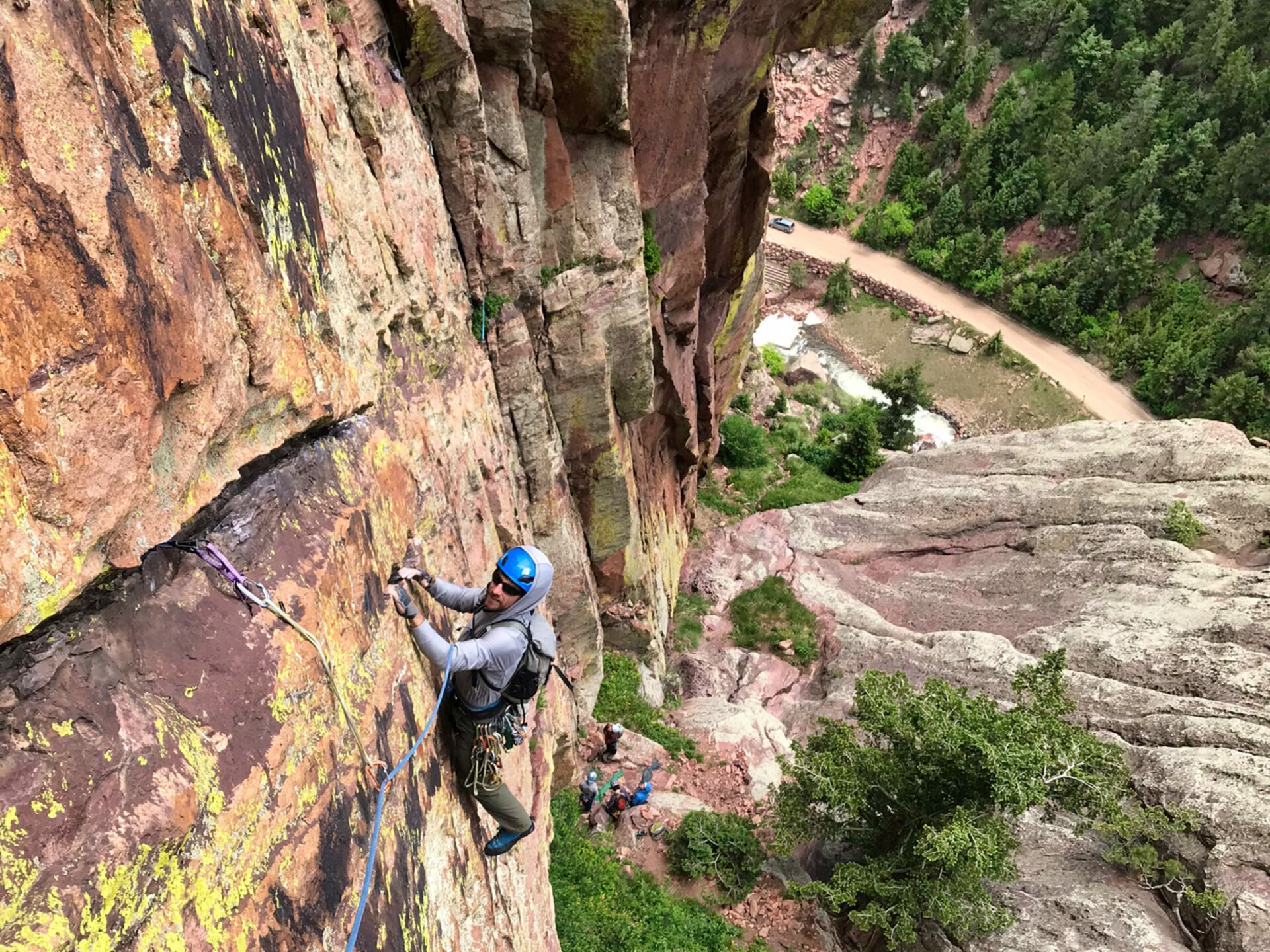The Importance of Training and Certification for Rock Climbing Guides
Rock climbing is not merely a recreational pursuit but a challenging adventure that demands meticulous preparation, technical expertise, and unwavering commitment to safety. XINSURANCE, in their comprehensive blog, underscores the critical role of training and certification in shaping competent and responsible rock climbing guides. Here’s an in-depth exploration of why training and certification are indispensable for rock climbing guides:
1. Safety Standards and Risk Management
Training and certification programs for rock climbing guides establish standardized safety protocols that are essential for managing risks effectively in various climbing environments. These programs cover crucial skills such as rope handling, anchor systems, belaying techniques, and emergency response procedures. Guides undergo rigorous training to anticipate potential hazards, mitigate risks preemptively, and respond swiftly and effectively to emergencies. This structured preparation not only safeguards the safety of climbers but also enhances the overall experience by instilling confidence and trust in the guide’s capabilities.
2. Technical Expertise and Skill Development
Certification ensures that rock climbing guides possess comprehensive technical knowledge and proficiency in essential climbing skills. Guides are trained in navigating diverse rock formations, assessing rock stability, selecting appropriate climbing routes, and utilizing specialized gear effectively. Continuous skill development and proficiency assessments through certification programs enable guides to stay abreast of industry standards, advancements in climbing techniques, and best practices in environmental stewardship. This expertise is crucial for delivering safe, enjoyable, and enriching climbing experiences for clients of varying skill levels.
3. Client Confidence and Satisfaction
Certification serves as a hallmark of professionalism and competence, inspiring confidence in clients seeking guided climbing experiences. Certified guides are equipped to provide expert guidance, personalized instruction, and attentive support throughout the climb. Clients rely on certified guides to navigate challenges with skill and precision, prioritize safety at all times, and ensure a memorable and rewarding adventure. By adhering to industry standards and best practices, certified guides enhance client satisfaction, foster positive relationships, and build a reputation for reliability and excellence in guiding services.
4. Legal Protection and Liability Coverage
Certification often aligns with legal requirements and regulatory standards set by industry associations and governing bodies. Certified guides are well-versed in local regulations, permitting processes, and liability considerations specific to guided climbing activities. This knowledge minimizes legal risks and liabilities associated with guiding, ensuring compliance with safety standards and mitigating potential legal challenges. Moreover, certification may facilitate access to specialized liability insurance coverage tailored to the unique risks and exposures faced by rock climbing guides, providing financial protection against unforeseen accidents or claims.
5. Professional Development and Industry Networking
Beyond technical skills, certification programs emphasize professional ethics, effective communication, and client relations. Guides benefit from networking opportunities with peers, mentors, and industry experts, exchanging insights, sharing best practices, and participating in ongoing professional development activities. Workshops, conferences, and continuing education courses enable guides to expand their knowledge base, stay updated on industry trends, and refine their guiding skills. This commitment to continuous improvement not only enhances personal growth but also contributes to the overall professionalism and sustainability of the climbing guiding profession.
Conclusion
Training and certification serve as foundational elements for rock climbing guides, ensuring adherence to safety standards, enhancing client confidence, and mitigating legal risks. By investing in rigorous training, acquiring industry-recognized certifications, and upholding high standards of professionalism and competence, rock climbing guides play a pivotal role in promoting safe and memorable climbing experiences. Whether guiding beginners on their first ascent or leading experienced climbers to challenging summits, certified guides embody dedication to safety, excellence in service, and a passion for outdoor adventure. Embrace the importance of training and certification, prioritize safety, and embark on unforgettable climbing journeys with the assurance of expert guidance and unparalleled professionalism.



